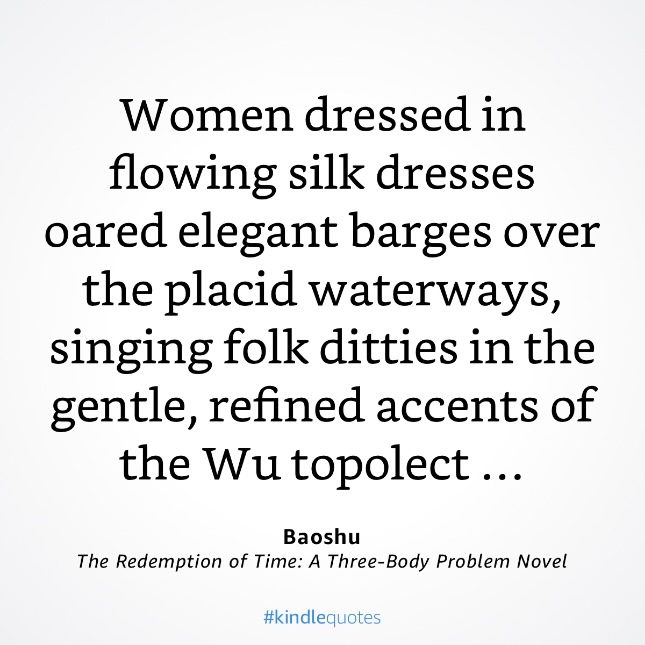If you want to give your brain fortifying nutrition, what kind of language should you feed it?
"Complex, unfamiliar sentences make the brain’s language network work harder"
A new study finds that language regions in the left hemisphere light up when reading uncommon sentences, while straightforward sentences elicit little response.
Anne Trafton | MIT News (January 3, 2024)
—
"Complex, Unfamiliar Sentences Make the Brain's Language Network Work Harder." Science Daily, January 3, 2024. .
Discussing "Driving and Suppressing the Human Language Network Using Large Language Models." Tuckute, Greta et al. Nature Human Behaviour (January 3, 2024).
Fair enough, maybe, but what if you lose your auditor / lector altogether? It seems to me that the type of brain-food sentences cited in this study border on incomprehensibility.
With help from an artificial language network, MIT neuroscientists have discovered what kind of sentences are most likely to fire up the brain’s key language processing centers.
The new study reveals that sentences that are more complex, either because of unusual grammar or unexpected meaning, generate stronger responses in these language processing centers. Sentences that are very straightforward barely engage these regions, and nonsensical sequences of words don’t do much for them either.
For example, the researchers found this brain network was most active when reading unusual sentences such as “Buy sell signals remains a particular,” taken from a publicly available language dataset called C4. However, it went quiet when reading something very straightforward, such as “We were sitting on the couch.”
Read the rest of this entry »
